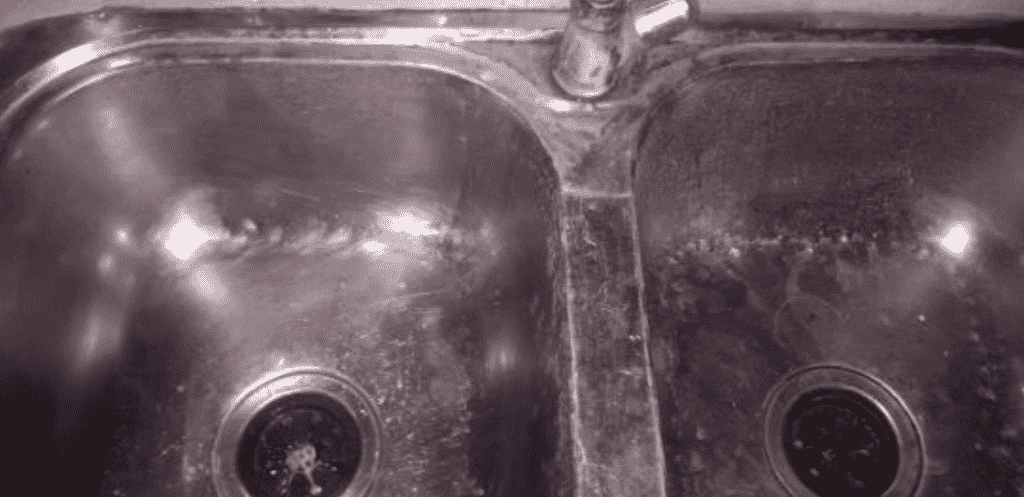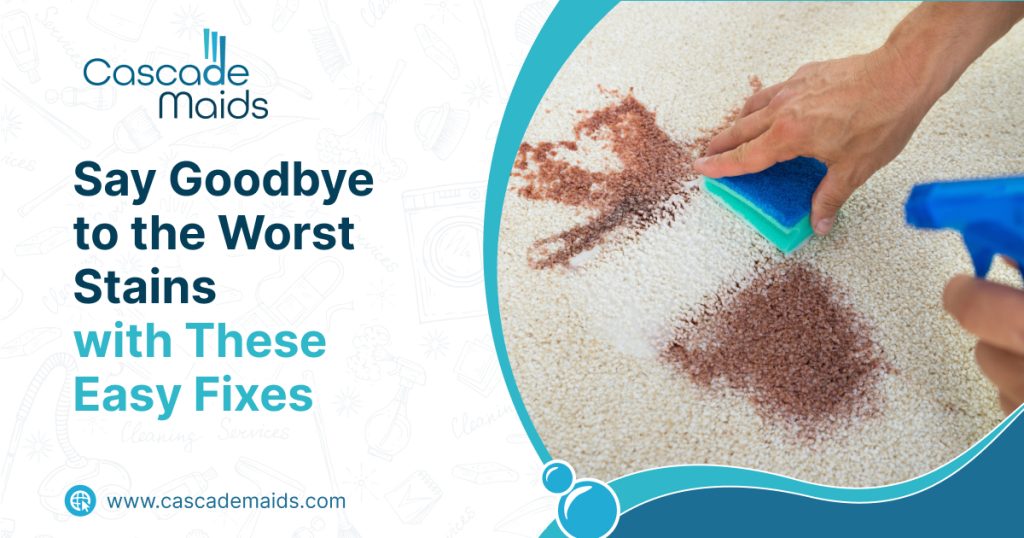Sinks are heavily used but not always properly maintained. You can follow a few basics for all types of sinks to ensure longevity. All you need to do is to clean and dry your sink every day or after every use depending on the type of sink. Let’s discuss various sink types and their unique maintenance requirements.
Porcelain
If you have a porcelain sink, you will have to avoid any harmful chemicals that include bleach. Instead, you can use the dishwashing solution. Soak the sink with the liquid and then use a solution of baking soda and water. Also, you need to avoid scrubbing. White vinegar can be effective to clean calcium deposits. You need to be a bit careful about hot temperatures since the excess temperature can damage the material.
Enamel Cost Iron
These sinks are popular for the impressive look. But this material is prone to early damages. You can follow all the maintenance tips mentioned above for porcelain. You need to clean and dry properly to avoid chipping. Make the cleaning gentle without putting any pressure.
Fireclay
This type of sink is more durable than porcelain. However, it comes with a ceramic-porcelain finish. But this material is more resistant to water stains and rust. You need to avoid extreme temperatures. Also, take extra caution while washing heavy items. For cleaning, you can use dishwashing liquid. You can use a solution of equal part of water and bleach for stains as well. Ammonia and scrubbing can damage the material.
Stainless Steel
Stainless steel is affordable and easy to maintain. However, this is prone to scratching, and that might affect the appearance of your sink. You can use mild disinfecting cleaner and hot water for cleaning. Bleach can also be used. After using the bleach, you need to rinse the sink immediately
Aluminum
For this material, you can consider regular cleaning with dishwashing detergent. Avoid the bleach since it can cause blackening with regular exposure. You can consider using borax to remove stains.
Copper
For the copper, you can use a soft cloth and pH neutral dish soap. Dry up your sink to avoid staining. You will have to avoid harsh cleaning and acidic foods. Both can cause early damage. Use enough water after using citrus fruits in any form. Also do not use lime, ammonia, and rust removers.
Acrylic
This material is less expensive, beautiful, and stain-resistant. However, you will have to avoid hard scrubbing, abrasive pads, and hard bristles for cleaning. You can use a weak bleach solution and a soft cloth to remove stains. You can also use sandpaper for cleaning.
Granite
These sinks are delicate and can be maintained with regular cleaning. You need to clean, wipe, and dry up your sink. Make sure that you are not using alkaline solutions, acids, and abrasives. You should not let the acidic food to sit on your link as it can damage the material.
Granite Composite
Granite composite is not as delicate as pure granite. However, this material can be damaged by ammonia and other abrasives. You can just prepare a solution of an equal part of water and white vinegar to treat stains.
Not sure what to clean your sink with? Our cleaning professionals have you covered. Contact us today




